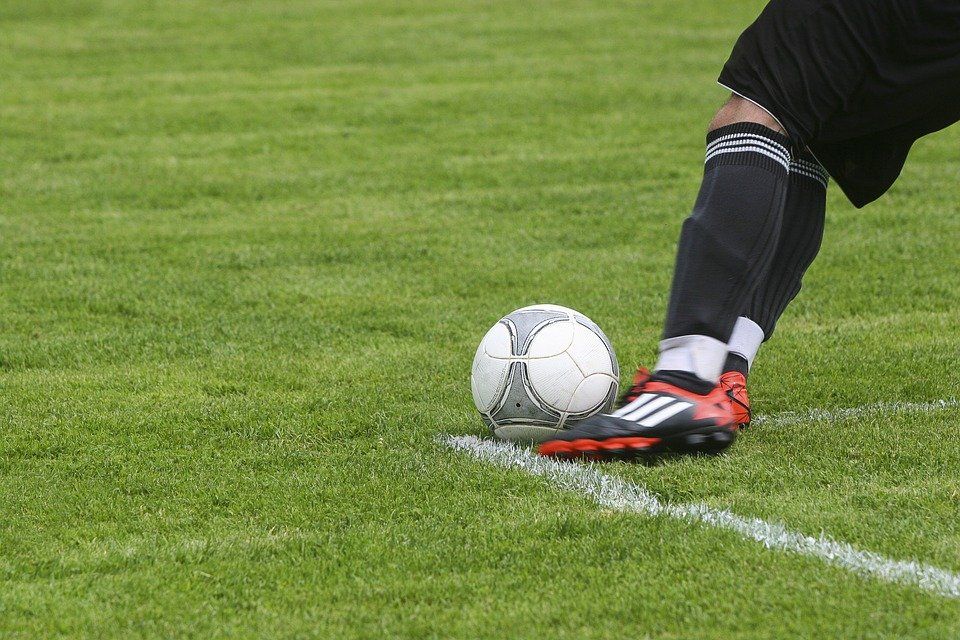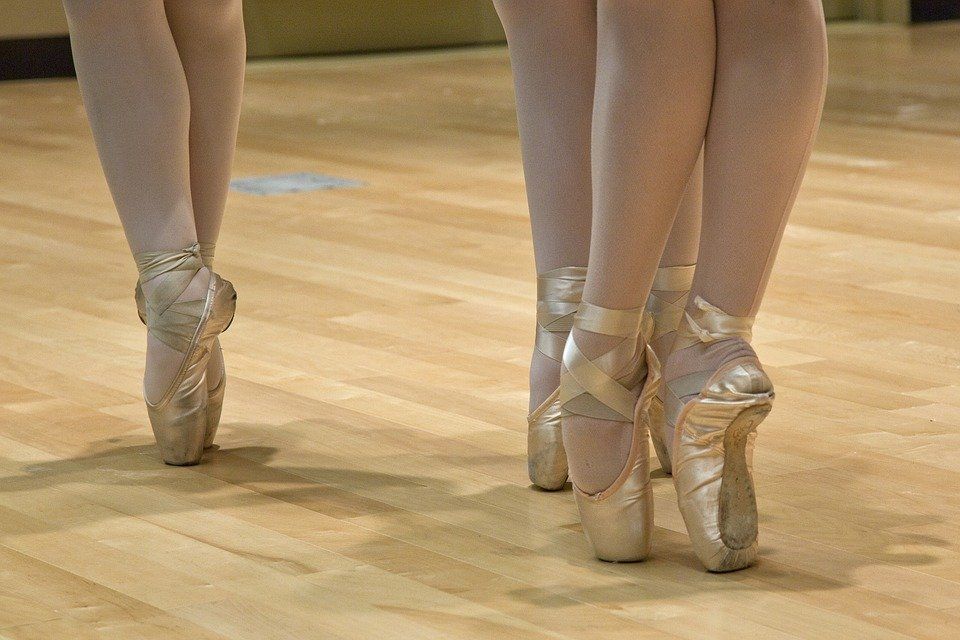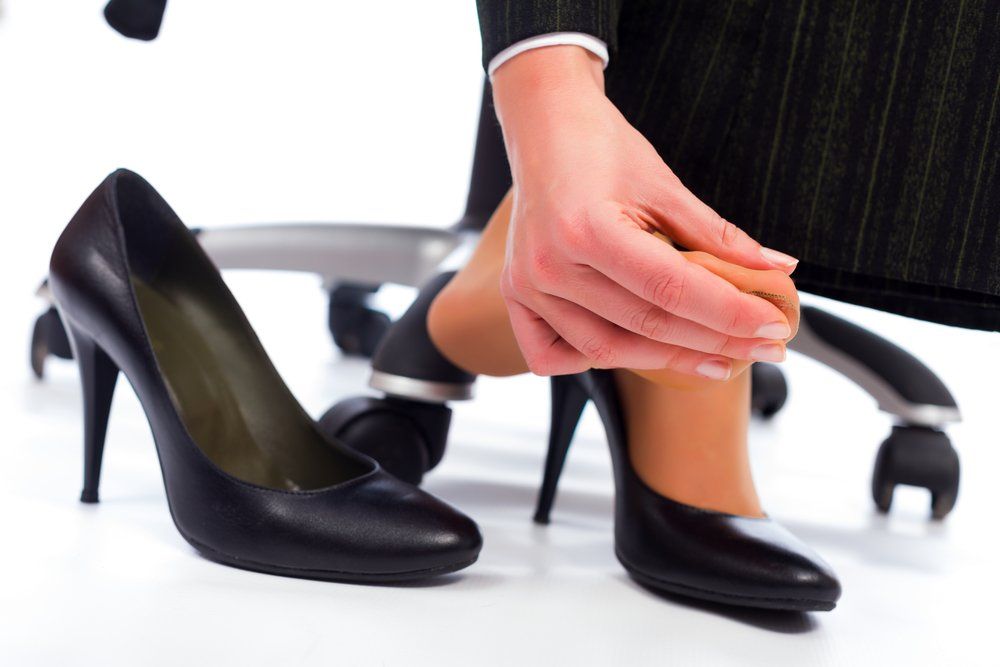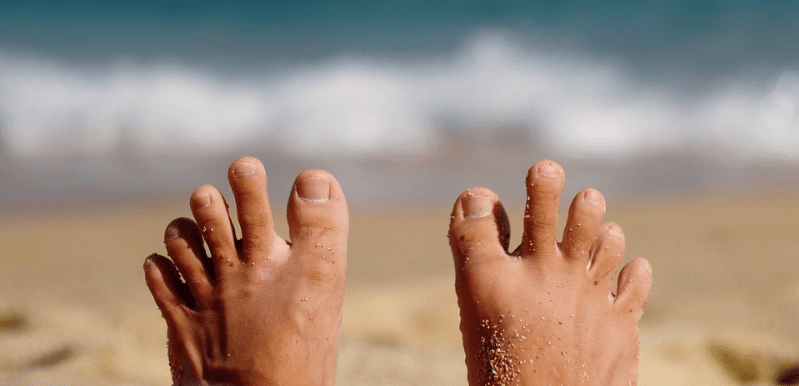Foot Specialist in Cincinnati, OH
Situated in the heart of Cincinnati, OH, we at Better Foot Care are dedicated to providing outstanding podiatric services. We understand the crucial role that foot health plays in daily life, and our clinic offers a diverse range of treatments with a steadfast focus on patient well-being.
We take pride in our comprehensive and dedicated services. No matter the size or complexity of your foot troubles, our team is ready to put your mind at ease with our helpful services. Read on to learn more about our foot specialist and how our staff can help you find healing for the future.
Your Trusted Foot Specialist
Our podiatrist brings extensive experience and genuine compassion to each patient interaction, ensuring the highest standard of care. As a skilled foot specialist, our podiatrist possesses a deep understanding of the unique challenges impacting foot health. This expertise allows us to develop personalized treatment plans tailored to each patient’s specific needs, promoting optimal recovery and long-term wellness.
From the moment you enter our clinic, the welcoming environment fosters trust and comfort. We are committed to listening attentively and providing professional guidance throughout your treatment journey. This supportive atmosphere ensures that every patient feels valued and understood, turning each appointment into a positive experience.
Innovation is at the core of our practice. Our clinic is equipped with advanced technology and treatment options, enabling our podiatrist to deliver state-of-the-art care. Whether addressing routine check-ups or intricate procedures, we utilize the latest techniques to provide effective, customized solutions.
Choosing Better Foot Care means entrusting your journey to better health to our dedicated podiatrist, who prioritizes your comfort and recovery. For residents of Cincinnati seeking exceptional podiatric care, we offer a path to healthier feet and enhanced overall well-being. Visit us to discover how our expert, compassionate care can make a significant impact on your life.
What Training Does Podiatry Require?
Who Should See a Podiatrist?
What Training Does Podiatry Require?
Who Should See a Podiatrist?
What Conditions Do Podiatrists Treat?
Athlete's Foot
- Blisters
- Discolored or thickened toenails
- Dry or cracked skin
- Inflammation
- Itching or stinging between toes or on the soles of the feet
Sports-Related Injuries
Hammer Toe
- Arthritis
- Ill-fitting shoes
- Pressure from bunions
- Traumatic toe injury




